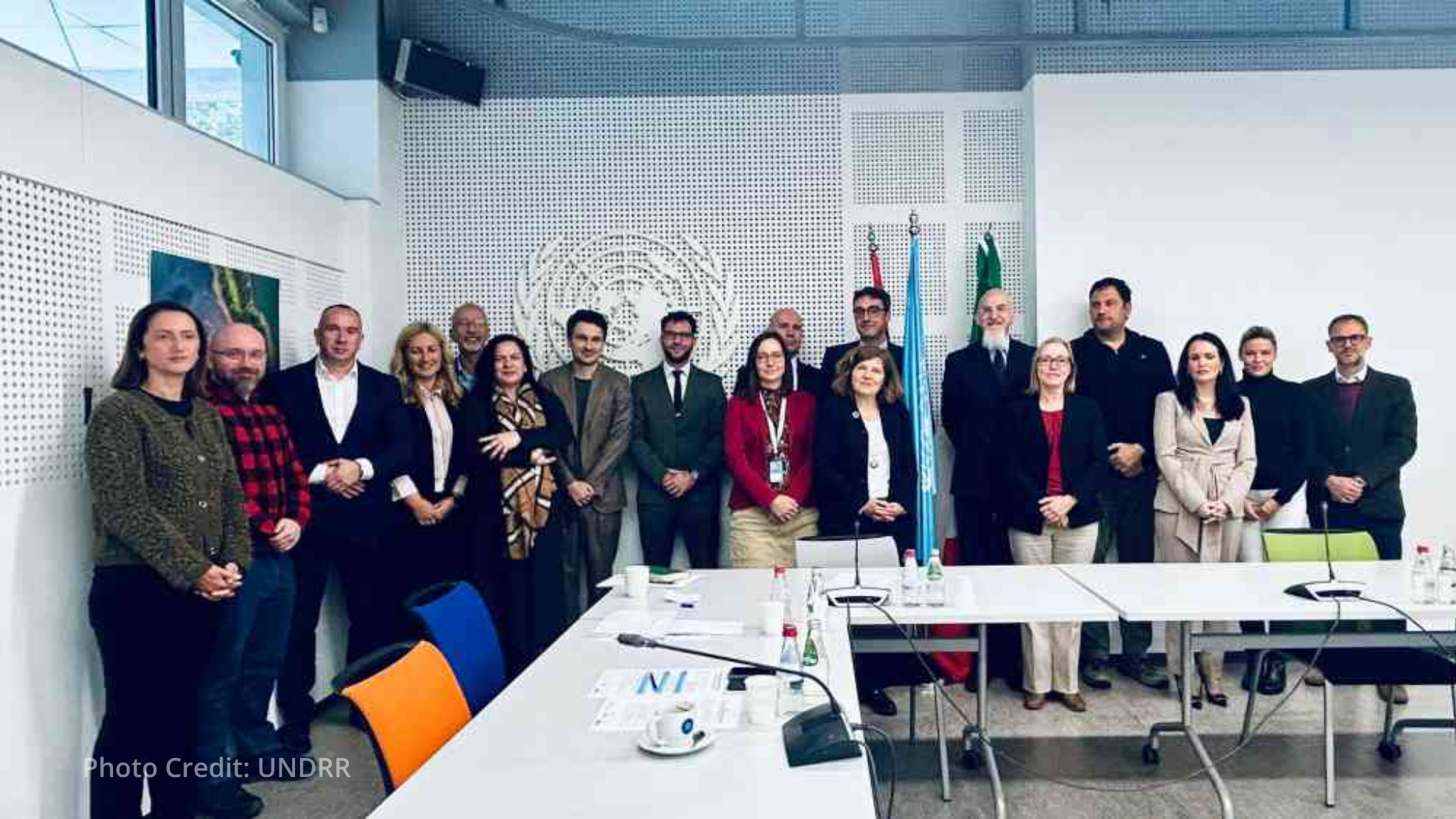Serbia launched a new three-year program to help the Western Balkans get better at predicting and responding to disasters, according to a press release. The project covers Serbia, Albania, and North Macedonia with funding from Italy and work by the United Nations Office for Disaster Risk Reduction (UNDRR). The program will run until 2028 and focuses on early warning systems, better disaster planning, and cross-border cooperation. The region faces growing threats from floods, earthquakes, wildfires, and droughts. Officials from governments, UN agencies, and donor groups met at the UN House in Belgrade to kick off the project.
The Western Balkans sits in a disaster-prone area where extreme weather is getting worse due to climate change. Floods hit the region regularly, while earthquakes pose constant risks. Wildfires have become more frequent and intense during hot summers. Serbia’s Ivan Baras from the Emergency Management Sector said “risks do not stop at borders, and therefore our response must be collective, coordinated, and forward-looking.” Countries need to share information and resources quickly when disasters strike. Current early warning systems often don’t talk to each other across borders, making regional responses slower and less effective.
Italian Ambassador Luca Gori said the project represents “a concrete step” in cooperation between Italy, the UN, and Balkan countries on disaster preparedness. Italy will share its civil protection expertise and technology with the region. The program aims to connect Serbian systems with the European Civil Protection Mechanism as the country works toward EU membership. Italy’s civil protection model is respected across Europe and the country wants to help build similar capabilities in the Balkans. The funding will help Serbia upgrade its disaster response equipment and training.
The program has three main goals: building real-time data platforms for tracking disasters, putting disaster planning into national budgets, and training local communities. UN official Natalia Alonso Cano said the work “supports the region’s broader aspirations” including EU integration. The project will help communities plan for disasters before they happen rather than just responding afterward. Local officials will get training on how to use early warning data to evacuate people and protect infrastructure. The program also focuses on helping women and vulnerable groups who often suffer most during disasters.

